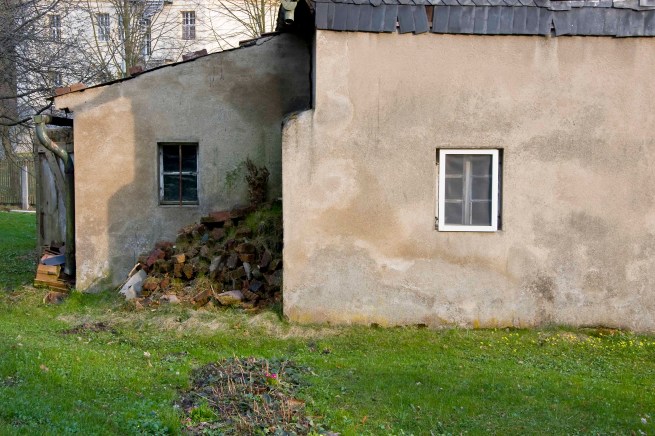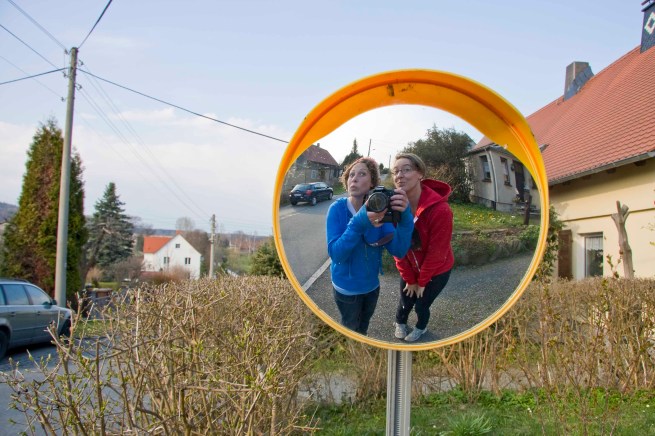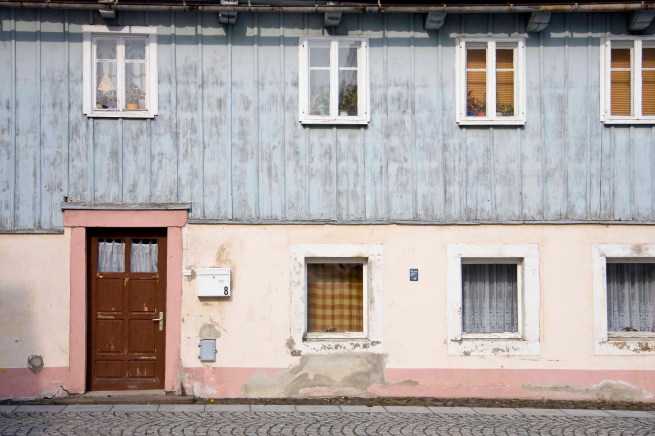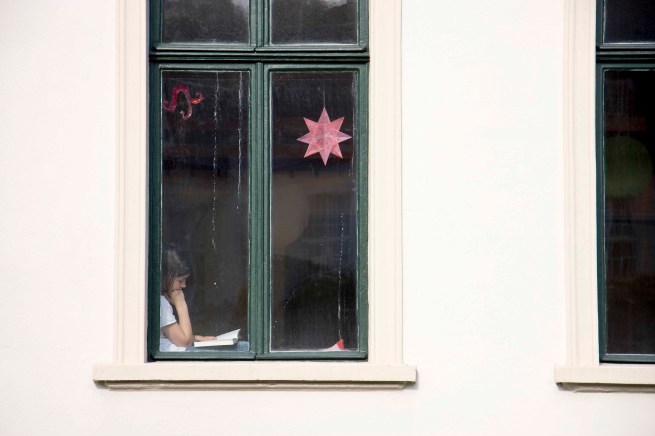Isaiah 62:6-7, “I have posted watchmen on your walls, O Jerusalem; they will never be silent day or night. You who call on the Lord, give yourselves no rest, and give him no rest till he established Jerusalem and makes her the praise of the earth.”
Herrnhut is a town located on the eastern border of Germany near Poland and the Czech Republic. It was established in 1722 by Moravian refugees on Count Ludwig Von Zinzendorf’s estate.
The Moravian Church or Herrnhuter Brüdergemeine is a mainline Protestant denomination or Bohemian Brethren. It places a high premium on Christian unity, personal piety, missions and music.
Zinzendorf arranged for his new community to gather in small groups for daily prayer and worship. In 1727, following a Holy Spirit visitation during an August prayer meeting, a 24-hour prayer meeting was established and lasted 100 years. Five years later they began to sent out the first missionaries when there were only 300 inhabitants in Herrnhut. Within 30 years, the church sent hundreds of Christian missionaries to many parts of the world, including the Caribbean, North and South America, the Arctic, Africa, and the Far East. They were the first to send lay people (rather than clergy) as missionaries, the first Protestant denomination to minister to slaves, and the first Protestant presence in many countries.
Moravian historians identify the main achievements of this 100-year period as:
1. Setting up a watch of continuous prayer that ran uninterrupted, 24 hours a day, for
100 years.
2. Originating the Daily Watchwords.
3. Establishing more than 30 settlements internationally on the Herrnhut model, which emphasized prayer and worship, and a form of communal living in which simplicity of lifestyle and generosity with wealth were held to be important spiritual attributes. As a result, although personal property was held, divisions between social groups and extremes of wealth and poverty were largely eliminated.
4. Starting missionary work; and
5. Forming many hundreds of small renewal groups operating within the existing churches of Europe, known as “Diaspora societies”. These groups encouraged personal prayer and worship, Bible study, confession of sins and mutual accountability.
“No man liveth unto himself.”











Comments
Post a Comment